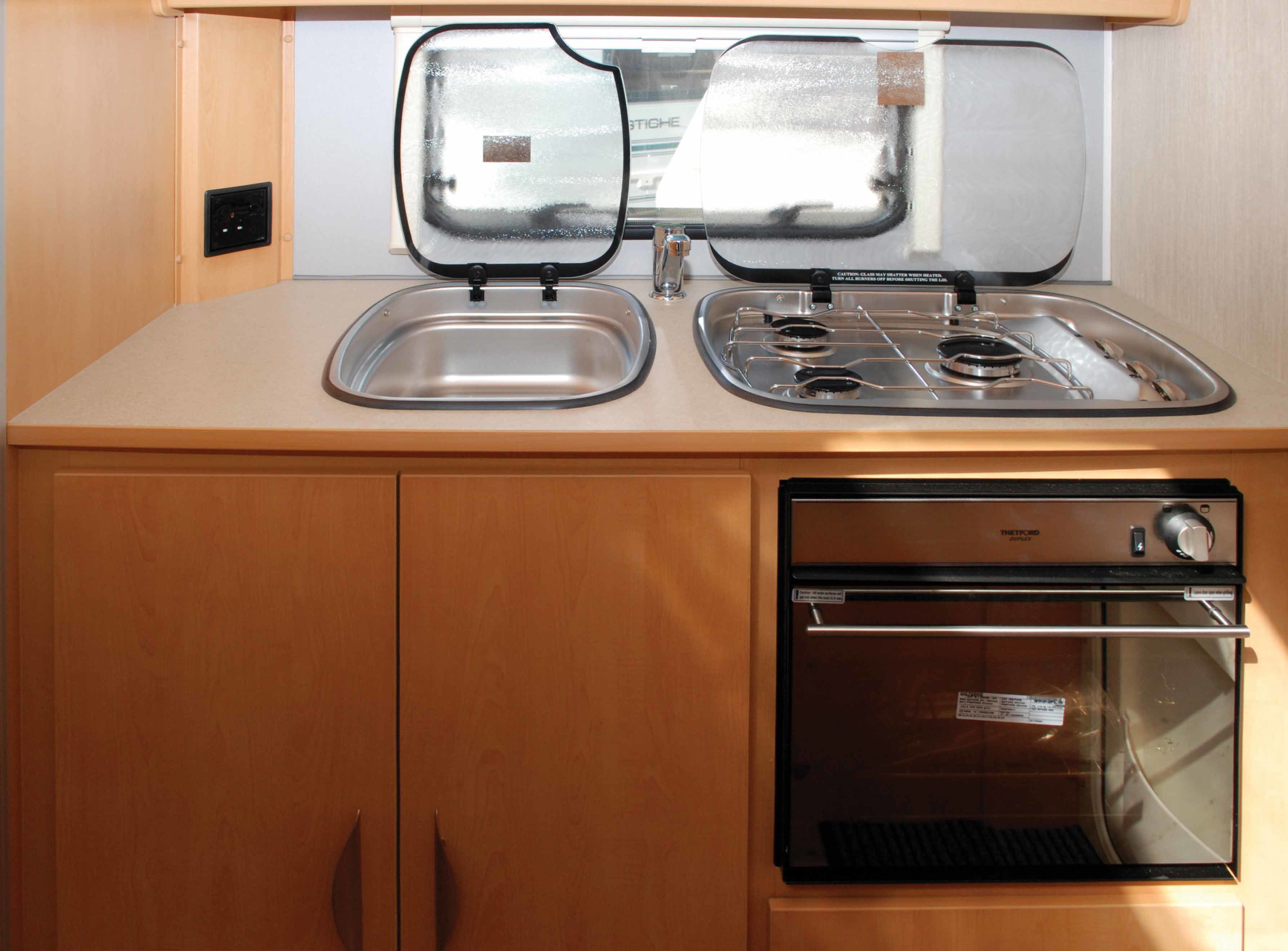Private sales advertisements can be found in local newspapers, specialist magazines (including Camping & Caravanning, the Club’s monthly magazine) and the internet, including Club Classified on the Club’s website and online auction sites such as eBay. You have to be vigilant about the seller because there’s always a fair number of stolen caravans being offered for sale. Be especially wary of caravans sold on the internet and never commit to a caravan you have not seen.
Reputable dealers offer warranties, can carry large stock levels, provide gas and other safety checks before selling and need to pay the overheads of staff and premises. No wonder there is scope for a possible bargain with a private sale. Unfortunately it doesn’t always work out like that.
In consumer law with a private sale all the goods have simply to be “as described” so you have very little come back if things go wrong. The legal principle of caveat emptor or “buyer beware” operates. So extra care needs to be taken to make sure the caravan is of the quality you require.
A purchase through a dealer will offer greater protection through consumer legislation, since you have a right to the goods to be of a “satisfactory quality”, “fit for the purpose” and “as described”. However, when you buy used goods the law says you must consider the price paid and be prepared to lower your expectations about the performance. And don’t forget that although you have much consumer legislation to back you up in a dispute, most buyers don’t want the hassle of resorting to law to get remedial work undertaken or their money back if there’s a serious problem.

Ask to see the habitation equipment working such as heating and kitchen items like taps and gas hob
The Approved Dealership Scheme (www.approveddealerships.co.uk) is a relatively new initiative run by the National Caravan Council (NCC) raises the standards the consumer should expect by setting a code of practise that scheme subscribing dealers have to adhere to. Try to speak to other caravanners to find out the fair and reputable dealers in your locality and remember the lowest prices don’t always work out the cheapest in the long term. You can look further afield for a dealer but with a used caravan the chances are something will go wrong – the older the caravan the greater chance something is nearing the end of its useful life. If you need to return the caravan to the dealer for remedial work it’s no fun driving a 100-mile round trip. There is no obligation for the dealer to have the work undertaken by your local workshop at his expense.
Dealers are often willing to negotiate, but it depends on the circumstances. In a buoyant market and where you are expecting a good trade-in price for another caravan not much is going to give. If you are a first time buyer there is a good chance the dealer will be willing to negotiate – if not by offering a better price he may be willing to throw in extras such as a leisure battery, waste and fresh water containers or even an awning.
Dealers will nearly always be willing to offer some warranty (see warranty section on page 4) except on the oldest of caravans. You should also expect a dealer to give the caravan a full safety check before it leaves the premises as the law requires the caravan to be roadworthy, unless the buyer is made aware of it not being so.
So it’s not just the bottom line price you need to consider but the worth of the whole package – including dealer support – before committing yourself.